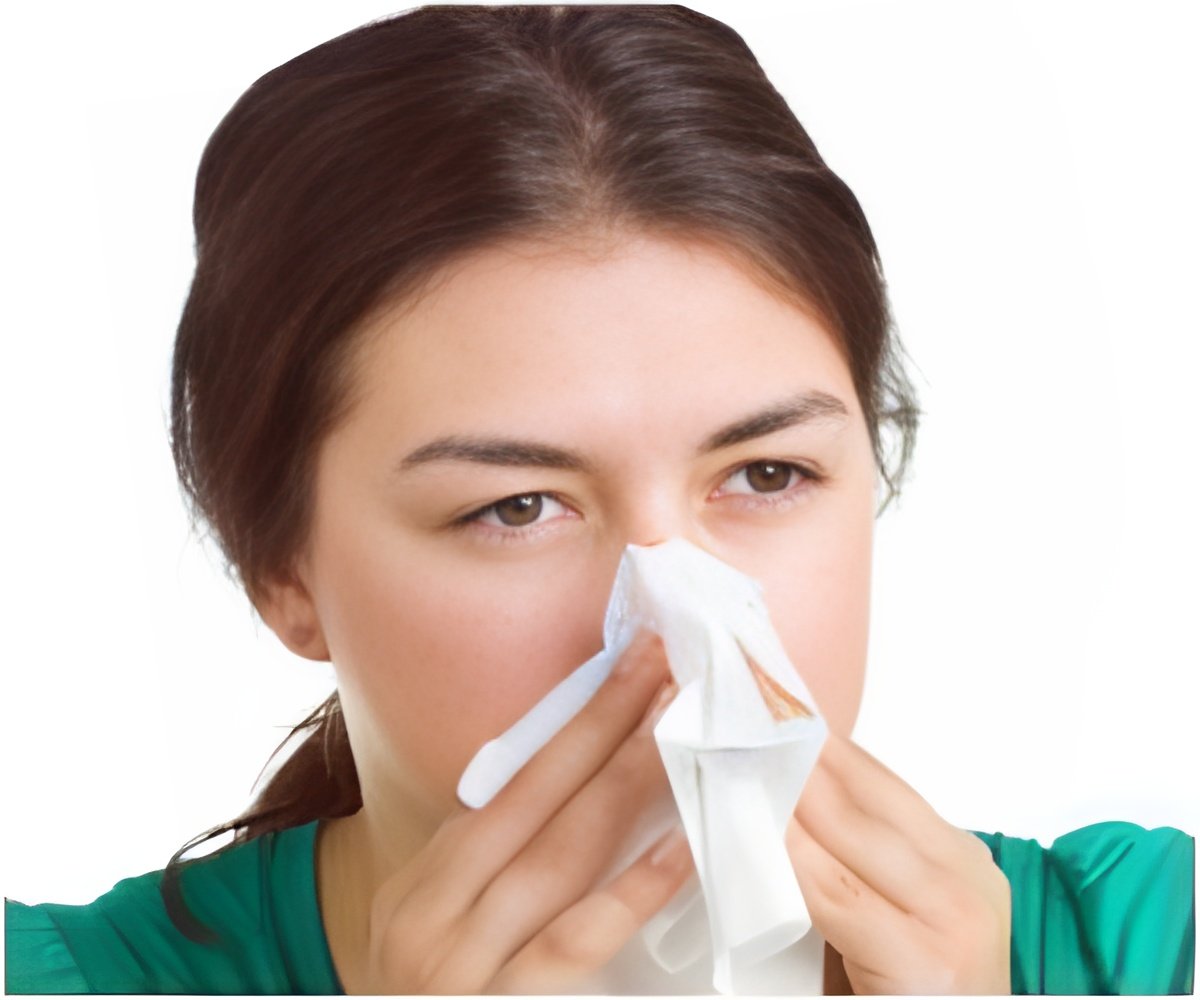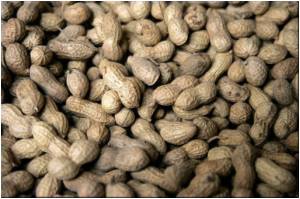
Allergic rhinitis is often mistakenly believed to be a trivial health problem, while people suffering from hay fever may disagree as they experience a dramatic impairment to their quality of life," said Dr. Malkanthi Evans Scientific Director KGK Synergize Inc., a lead researcher on the study.
"This study confirmed that taking Pycnogenol naturally relieves eye and nasal symptoms of hay-fever patients owing to lower pollen-specific antibodies, particularly for ocular and nasal distress," Evans added.
In a randomized, double-blind, placebo-controlled study conducted by KGK Synergize, Inc., 60 subjects between the ages of 18 and 65 began treatment three to eight weeks prior to the onset of birch allergy season in Ontario, Canada. All subjects tested positive for birch pollen allergies, a seasonal trigger of hay fever, as determined by skin prick tests.
Patients were assigned to a Pycnogenol group or placebo group according to a computer-generated, randomized schedule. Neither the patient, the investigator nor research staff was informed to which test order the subjects were assigned. Subjects were instructed to take either one 50 mg Pycnogenol tablet or one placebo tablet twice daily, once in the morning and once in the evening throughout the allergy season. Patients were allowed to use non-prescription antihistamines as needed and recorded usage and dosage in treatment journals.
Blood was collected before and after treatment throughout the entire birch pollen season for the measurement of birch specific IgE antibodies. Upon recognition of a specific allergen the IgE class of antibodies stimulates the release of histamine, an inflammatory mediator responsible for the hay-fever symptoms.
Advertisement
Subjects were instructed to rate nasal and eye symptoms daily by means of a self-administered questionnaire, recording values in their treatment journals. These resemble problems well known to people affected by hay-fever: burning, itchy, watering or tearing eyes, redness, sneezing and stuffy, runny or itchy nose. All nasal and eye symptoms were scored with values ranging from "zero" (symptoms absent) to a maximum of "three" (severe, symptoms completely preventing normal activity).
Advertisement
The researchers speculate that a lag-time of at least five weeks prior to pollen exposure is required for Pycnogenol to defy hay-fever symptoms.
Subjects taking Pycnogenol seven weeks before onset of the birch season required very little non-prescription antihistamine medication (12.5pc) compared with subjects taking the placebo (50pc).
"For the many people seeking alternatives to conventional treatment for allergic rhinitis Pycnogenol may represent an effective and completely natural solution, void of any side-effects" said Evans.
The study has been published in the June 14, 2010 issue of Phytotherapy Research.
Source-ANI














